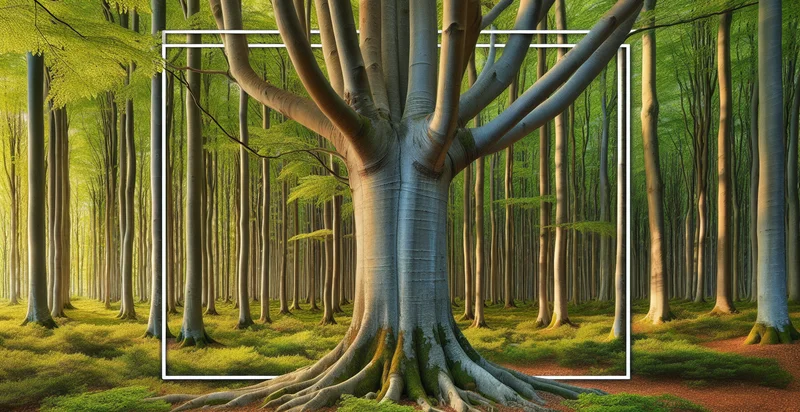Identify if tree is a beech
using AI
Below is a free classifier to identify if tree is a beech. Just upload your image, and our AI will predict if the tree is a beech - in just seconds.

Contact us for API access
Or, use Nyckel to build highly-accurate custom classifiers in just minutes. No PhD required.
Get started
import nyckel
credentials = nyckel.Credentials("YOUR_CLIENT_ID", "YOUR_CLIENT_SECRET")
nyckel.invoke("if-tree-is-a-beech", "your_image_url", credentials)
fetch('https://www.nyckel.com/v1/functions/if-tree-is-a-beech/invoke', {
method: 'POST',
headers: {
'Authorization': 'Bearer ' + 'YOUR_BEARER_TOKEN',
'Content-Type': 'application/json',
},
body: JSON.stringify(
{"data": "your_image_url"}
)
})
.then(response => response.json())
.then(data => console.log(data));
curl -X POST \
-H "Content-Type: application/json" \
-H "Authorization: Bearer YOUR_BEARER_TOKEN" \
-d '{"data": "your_image_url"}' \
https://www.nyckel.com/v1/functions/if-tree-is-a-beech/invoke
How this classifier works
To start, upload your image. Our AI tool will then predict if the tree is a beech.
This pretrained image model uses a Nyckel-created dataset and has 2 labels, including Is Beech and Is Not Beech.
We'll also show a confidence score (the higher the number, the more confident the AI model is around if the tree is a beech).
Whether you're just curious or building if tree is a beech detection into your application, we hope our classifier proves helpful.
Related Classifiers
Need to identify if tree is a beech at scale?
Get API or Zapier access to this classifier for free. It's perfect for:
- Forest Inventory Management: This classification function can be used by forestry companies to accurately identify beech trees within a forest. By inputting images captured via drones or ground photography, companies can assess the population density and health of beech trees to inform resource management and conservation strategies.
- Timber Industry Standards: Timber merchants can utilize this identifier to ensure compliance with sustainable sourcing standards. By verifying if the sourced timber is from beech trees, businesses can maintain transparency in their supply chains and support eco-friendly practices.
- Ecological Research: Researchers conducting studies on forest ecosystems can employ this classification function to identify beech trees in their fieldwork. Accurate identification allows for better data collection related to biodiversity, species interactions, and the impacts of environmental changes.
- Landscaping and Urban Planning: City planners and landscapers can use this function when determining the types of trees to plant in urban environments. By recognizing beech trees, they can create aesthetically pleasing and ecologically balanced landscapes, promoting biodiversity in urban settings.
- Pest and Disease Monitoring: Agricultural specialists can leverage this identifier to monitor the health of beech populations affected by pests or diseases. Early detection of issues allows for timely intervention, protecting both beech trees and the broader ecosystem.
- Educational Tools: Educational institutions can incorporate this classification function into programs focused on environmental science and botany. Students can engage in hands-on learning experiences, using the technology to explore tree identification and the importance of beech trees in various ecosystems.
- Nature Tourism Applications: Tour companies can implement this identifier in mobile applications for nature enthusiasts. By helping users identify beech trees during hikes or nature walks, the application can enhance the educational experience and encourage responsible tourism practices.


